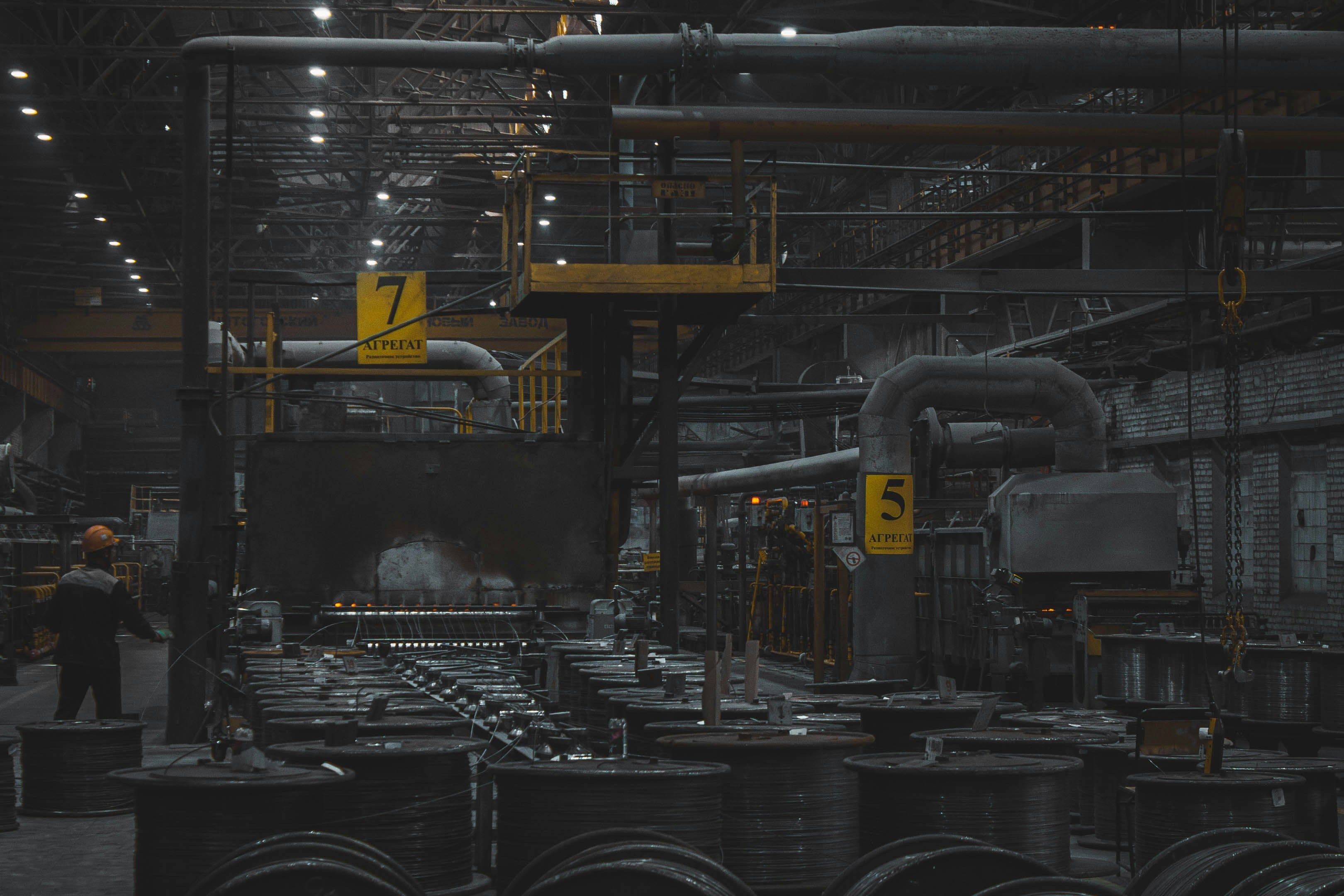Valve failures can bring industrial operations to a screeching halt, costing companies millions in downtime, repairs, and environmental penalties. In high-stakes industries like oil and gas, chemical processing, and water treatment, a single faulty valve can lead to safety hazards, production losses, or regulatory violations. At Punit Valves, we understand the critical role valves play in keeping your systems running smoothly. That’s why we’ve engineered our valves to prevent the most common failures, ensuring reliability, safety, and efficiency.
In this article, we’ll explore five prevalent valve failures, how Punit Valves’ innovative designs mitigate these issues, and practical maintenance tips to maximize valve performance. Plus, we’ll share a real-world case study showcasing how our solutions have helped a client avoid costly disruptions.
Common Valve Failures
Valves are the backbone of flow control systems, but when they fail, the consequences can be severe. Here are five of the most common valve failures that industries face:
- Leakage: Leaks, whether internal or external, are a leading cause of valve failure. They can result from worn seals, improper installation, or material degradation, leading to fluid loss, environmental risks, and safety hazards.
- Corrosion: Exposure to corrosive fluids or harsh environments can erode valve components, compromising their integrity and performance.
- Pressure Drops: Inadequate design or wear can cause unexpected pressure drops, disrupting flow control and reducing system efficiency.
- Sticking or Jamming: Valves that stick or fail to open/close properly can halt operations, often due to debris buildup, poor lubrication, or mechanical wear.
- Cavitation and Erosion: High-velocity flows or pressure changes can cause cavitation, leading to pitting and erosion of valve surfaces, which shortens their lifespan.
These failures not only disrupt operations but also inflate maintenance costs and risk non-compliance with industry standards like API 608 or ASME B16.34.
Punit Valves’ Preventive Measures
At Punit Valves, we don’t just react to valve failures—we prevent them. Our engineering solutions are designed to address these common issues head-on, ensuring long-lasting, reliable performance. Here’s how we do it:
- Leak-Proof Designs: Our valves feature advanced sealing technologies, including multi-layered gaskets and self-adjusting seals, to eliminate both internal and external leaks. Precision machining ensures a perfect fit, even under high pressures or fluctuating temperatures.
- Anti-Corrosion Coatings and Materials: We use high-grade alloys like stainless steel, Hastelloy, and Inconel, paired with anti-corrosion coatings, to protect against harsh chemicals and environmental factors. For example, our valves for offshore oil rigs are coated to resist saltwater corrosion.
- Optimized Flow Paths: Our valves are engineered with smooth, streamlined flow paths to minimize pressure drops and turbulence. Computational Fluid Dynamics (CFD) modeling ensures every valve is designed for maximum efficiency.
- Anti-Sticking Mechanisms: We incorporate low-friction seals and self-lubricating stems to prevent sticking or jamming. Our modular designs also allow for easy cleaning and maintenance, reducing the risk of debris buildup.
- Cavitation Resistance: Our valves are designed with cavitation-resistant materials and geometries to withstand high-velocity flows and pressure changes, extending their service life even in demanding applications.
Every Punit Valve undergoes rigorous testing—pressure, leak, and endurance trials—to meet global standards like API 6D and IS standards. This ensures our valves perform flawlessly in the toughest conditions, from chemical plants to power generation facilities.
Maintenance Tips for Punit Valves
While our valves are built for durability, regular maintenance can further enhance their performance and lifespan. Here are actionable tips to keep your Punit Valves in top condition:
- Regular Inspections: Check for signs of wear, corrosion, or leaks every 3-6 months, depending on your application’s intensity. Inspect seals and gaskets for degradation and replace them as needed.
- Lubrication: For valves with moving parts, apply industry-approved lubricants to stems and bearings as recommended in our product manuals. This reduces friction and prevents sticking.
- Cleanliness: Ensure valves are free of debris, especially in applications involving slurries or viscous fluids. Use non-corrosive cleaning agents to avoid damaging valve surfaces.
- Pressure Monitoring: Regularly monitor system pressure to ensure it aligns with the valve’s rated capacity. Overpressurization can accelerate wear and lead to failures.
- Professional Servicing: For complex systems, schedule annual maintenance with Punit Valves’ certified technicians to ensure optimal performance and compliance with safety standards.
By following these tips, you can maximize the reliability and efficiency of your Punit Valves, minimizing the risk of unexpected failures.
Punit Valves, Your Partner in Failure Prevention
Valve failures are more than just operational hiccups—they’re costly, risky, and avoidable. At Punit Valves, we take a proactive approach to reliability, engineering valves that prevent common issues like leakage, corrosion, and pressure drops. With our advanced designs, high-grade materials, and rigorous testing, we ensure your operations stay safe, efficient, and compliant.
Don’t let valve failures disrupt your business. Whether you’re in oil and gas, chemical processing, or water treatment, Punit Valves has the expertise and solutions to keep your systems running smoothly. Contact us today via our contact page to explore how our valves can safeguard your operations.
Prevent valve failures with Punit Valves’ reliable, custom-engineered solutions. Discover industrial valve maintenance tips and ensure long-term performance. Get in touch now!



